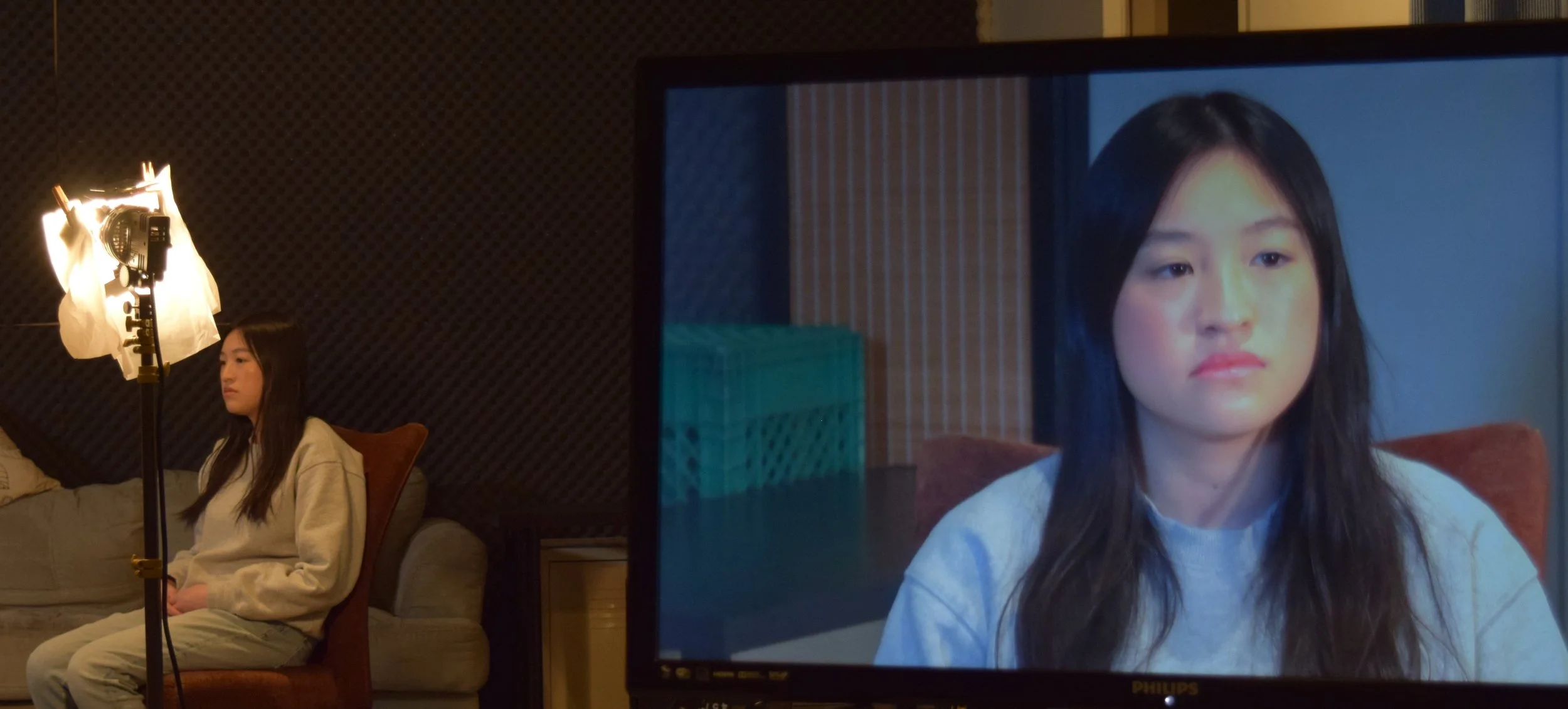Leads.
/If you’re a lead on a series you have a particular responsibility.
A lead is a leader on set.
Doing your job professionally and getting what you need to do that is the best way to lead. It helps the show. Cast and crew will see that and emulate it.
Often, the biggest problem is just learning your lines.
You’ll develop your short-term memory.
The pressure on everyone is to shoot quickly. On most shows there are few takes although lots of coverage. Doing your best in each take is enough. There is no time for second-guessing as a lead. The next scene is coming up.
The producers expect you to deliver the same tone, mask, behaviour episode after episode and season after season. The advertisers have invested in that. To do that you’ll nearly always be dropped in instead of having to work hard to get dropped in over and over. That’s too tiring.
You’re looking for all the space you can get in order to play. As a lead you must find the maximum space possible.
Some time-tested tricks to do that are,
Get your call time made later so you arrive for first blocking later especially if your hair and make-up only takes ten minutes.
During blocking ask questions why the director wants you to move here or there.
You can always say, ‘I’m learning lines.’ to drivers, hair and make-up, sound to avoid chatting and dissipating your energy.
If the story isn’t clear in the writing stop and sort it with the writer or show-runner.
If you’re still getting the lines in your head and need more time, get them to do the close-up on the other actor and go second.
Ask for another take.
Once the show is running, you as the lead have power equal to the show-runner or producer and more power than the directors who come in for one or two episodes. Use it wisely
TV writing doesn’t always make sense but rather serves the needs of the show as dictated by the producers. Play each scene on its own. There is usually no arc.
In the end, dealing with fatigue may be the biggest task.









